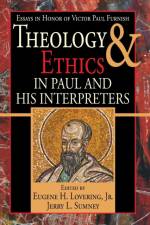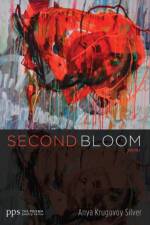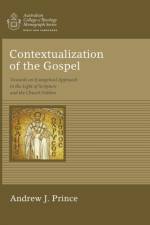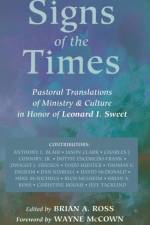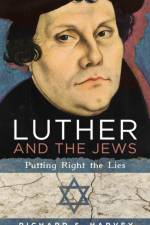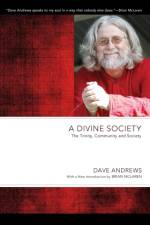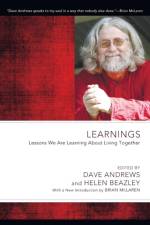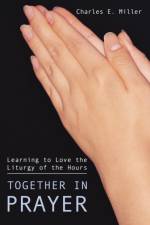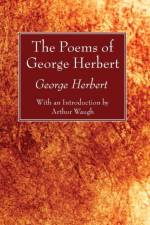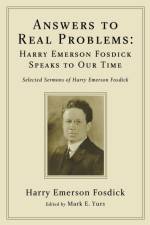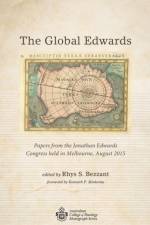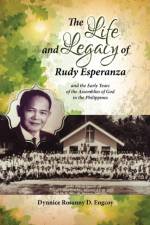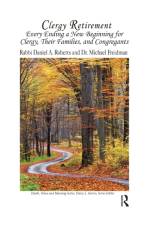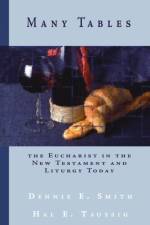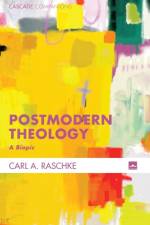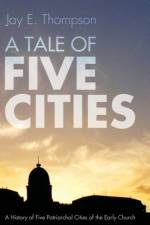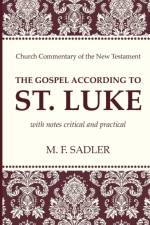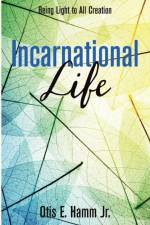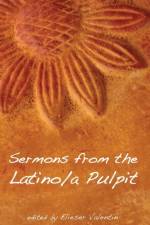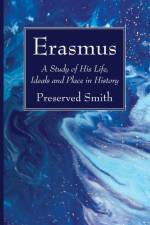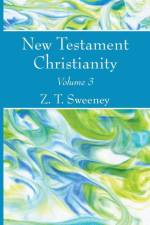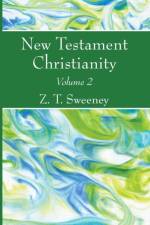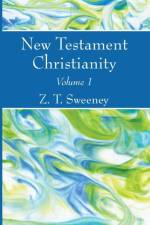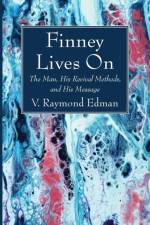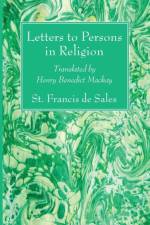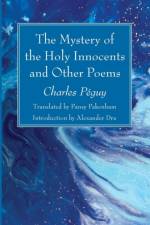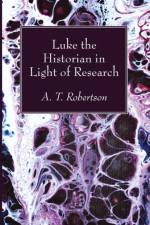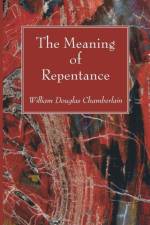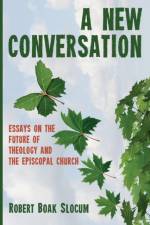- Lessons We Are Learning about Living Together
385,-
Endorsements:"The bits and pieces people have written for this book represent a beautiful multicolored, multilayered mosaic of lessons they have learned about living life together through their association with the Waiters Union. These reflections highlight the little bit of progress we have made in the midst of our struggle to live with each other and work with one another. These stories of our successes, wrested from our failures, sustain our hope for learning more about how we can move towards a more authentic life together."--Dave Andrews and Helen Beazley, Editors"Raw, authentic, generous . . . Unprocessed, untreated, pure, organic even . . . There''s no pretense, no effort to put on a mask or try to show a face other than that which is the normal and everyday . . . A ''big'' experience, not half-hearted or sparse . . . The heart of community."--John Dacey, Community Minister, Mt. Druitt"This book celebrates the learnings of people who journeyed a week, a month, a decade, or more with that small network in West End. It''s a celebration of many ordinary, everyday people living in and working with communities where not everyone has enough to eat, or a safe place to live, or access to a good education or adequate health care. It''s a celebration of an authentic struggle to live grace and hope and love into the world. It''s a celebration of a successful people''s movement and a life-changing community immersion experience. I hope it is also an encouragement to help you move from where you are now to where you want to be."--Lin Hatfield Dodds, Director of Uniting Care Australia"Through the Waiters Union I have been able to experience more of the many worlds that exist in my street and suburb . . . The Waiters network has quiet links to many aspects of my suburb that I hadn''t previously realized were connected . . . This (becomes) quite obvious if you fall down the Waiters Union rabbit hole."--Emily James, Community Worker, Neighbor and Friend"The Waiters model and method, infused by the practices of love and hope of justice, is an important contribution to the life of many people in West End, mine included. It is also a model that enables many people in other locations to re-imagine community development in all its breadth, and depth, and multiplicity."--Peter Westoby, Lecturer in Community Development, University of Queensland"Clearly the current surge of interest in the Waiters Union is because (its) ministry was before its time, but now that time has come. The Waiters Union offers one of the very effective, replicable, genuine, missional models of (the future) church in Australia."--Geoff Westlake, Co-Founder and Coordinator of CheersAuthor Biography:Dave Andrews is an Australian Christian anarchist author, speaker, social activist, and community worker who, along with his wife, Ange, and their family have lived and worked in intentional communities with marginalized groups of people in Australia, Afghanistan, Pakistan and India for over forty years. Along with friends, Dave and Ange started Aashiana, Sahara, and Sharan--three Christian community organizations working with slum dwellers, sex workers, and people with HIV/AIDS in India. He is also a part of Waiters Union, an inner-city Christian community network working with Indigenous Australians, refugees and people with disabilities in Australia. Dave is also an Elder for Servants to Asia''s Urban Poor, an educator for TEAR Australia, a Christian international aid and development agency, and a lecturer at the University of Queensland and Christian Heritage College. 

